Next Generation NFTs
The Internet Computer is the only blockchain storing all components of an NFT on the blockchain, including assets. This opens up capabilities for ICP NFTs that go way beyond “overpriced links to JPGs”.
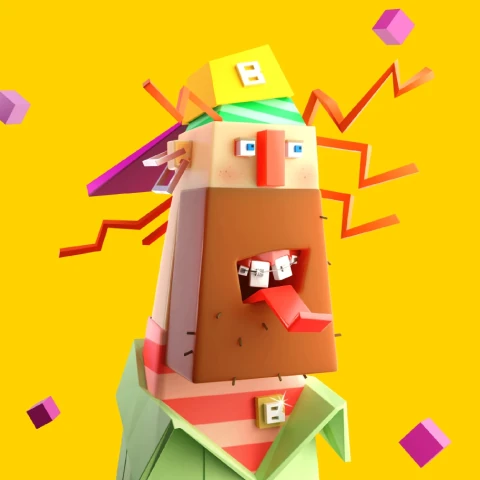
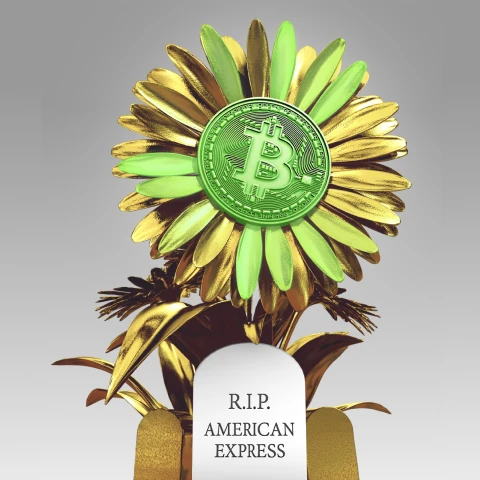
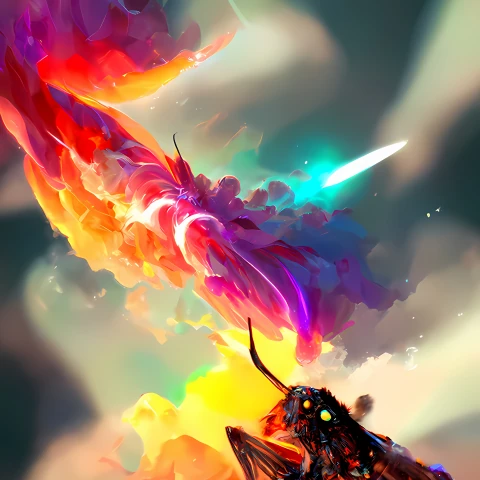
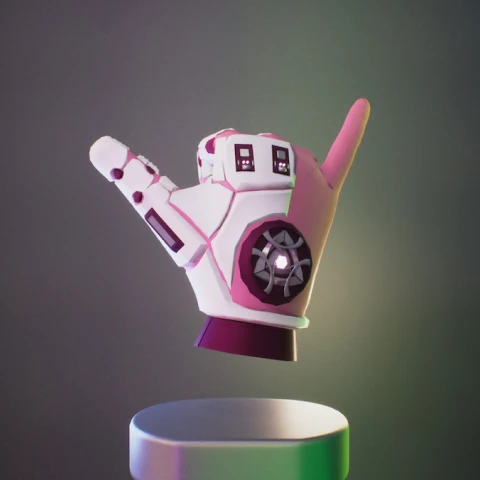
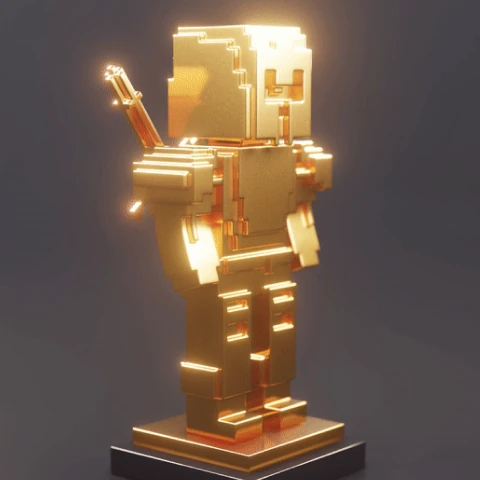
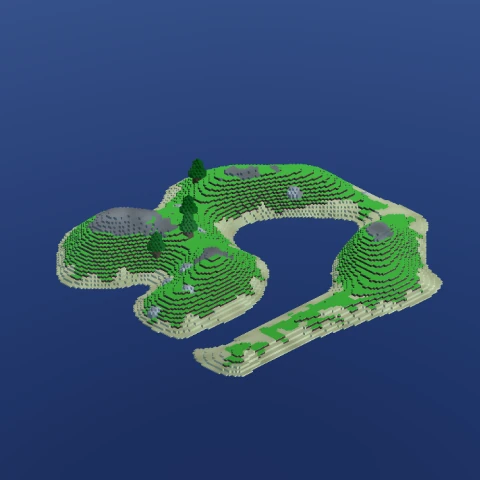

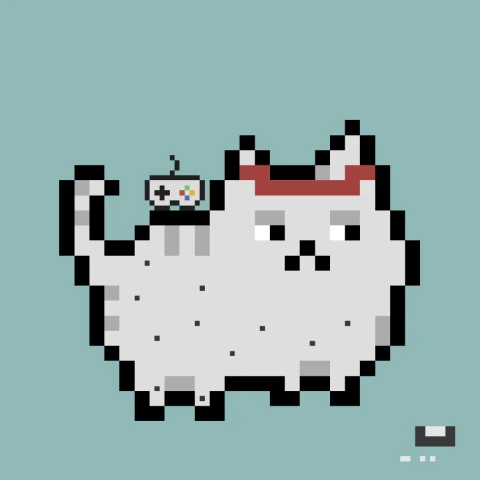
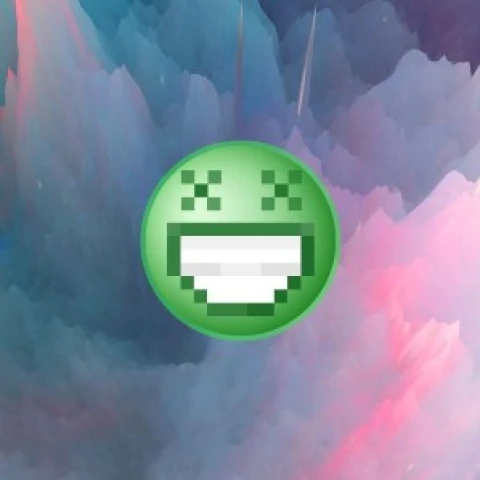











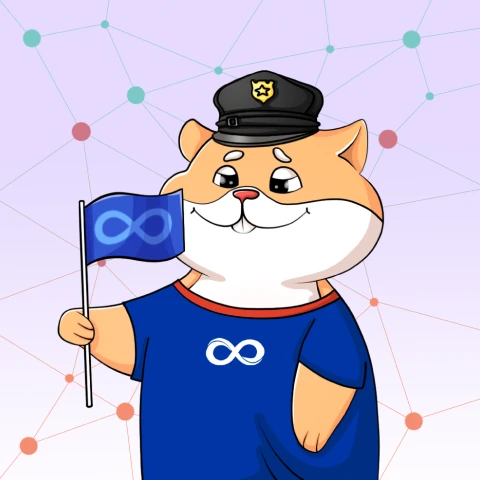

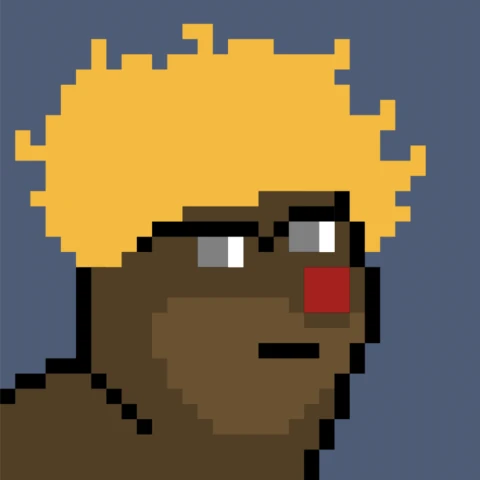
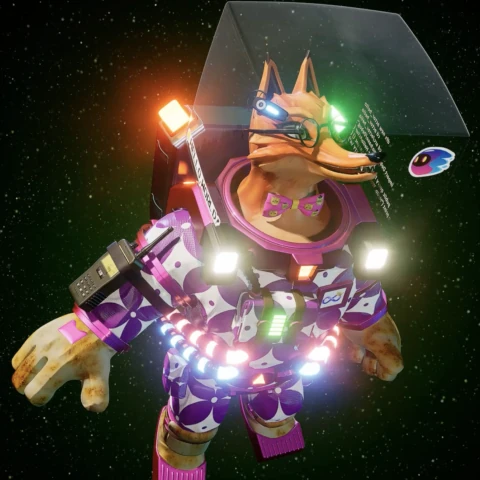
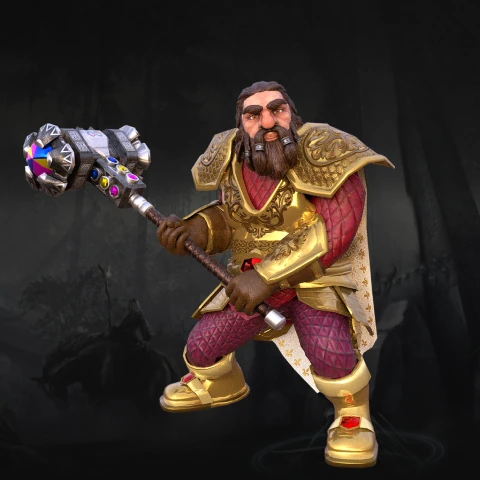
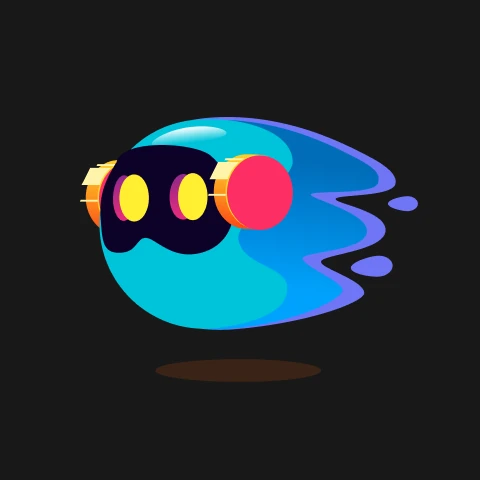
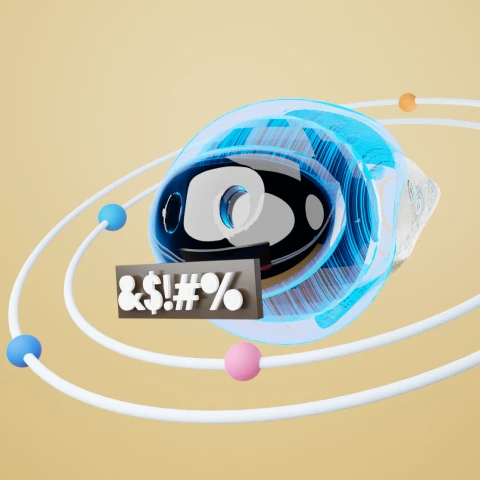


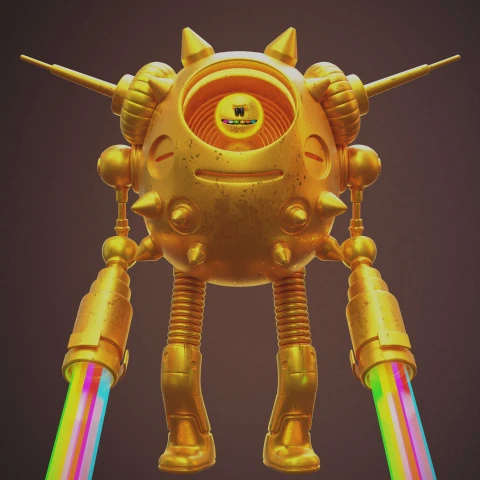

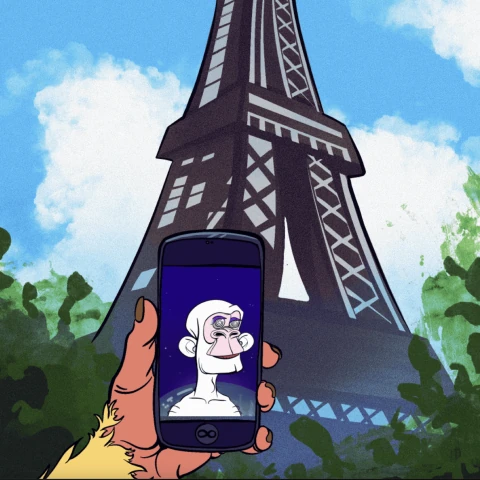


















Own your NFT
Purchasing an NFT on other chains only buys you a link that points to an asset stored off chain, e.g., on AWS or IPFS. As such, that off-chain asset can be changed or even removed by whoever created it. As the Internet Computer can store the entire NFT inside a smart contract, you truly own and control 100% of your purchased NFT.
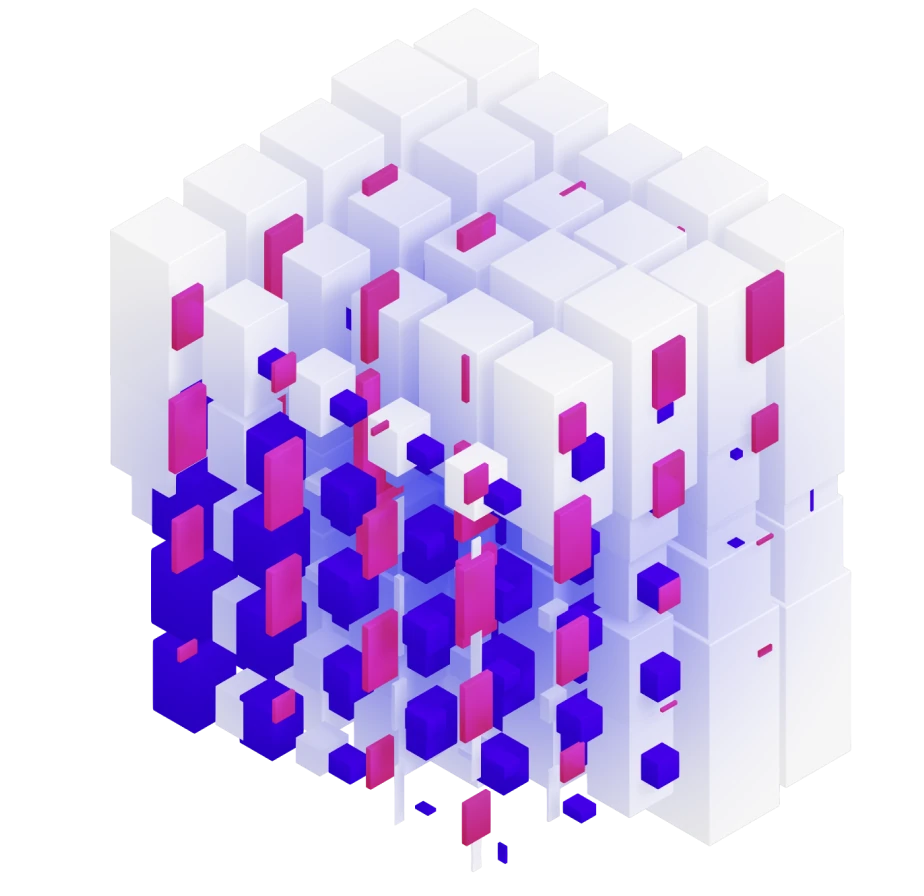
Make the most out of NFTs
The Internet Computer allows NFTs of incredible versatility. As NFTs can be data and code, i.e. a canister smart contract, NFTs can be anything on the Internet Computer. Plus, storing data on chain costs 20,000 times less than on Solana and 15,800,000 times less than on Ethereum. At those prices other blockchains are forced to use external storage solutions like AWS or IPFS. NFT projects on these chains could essentially store their assets on ICP without compromising on decentralization or price.
Dynamic NFTs
A distinguishing feature of the Internet Computer is that its smart contracts can communicate with the Web2 world without oracles, but rather through existing Web2 APIs using a functionality called HTTPS outcalls. This allows NFTs to be a lot more than simple static assets, meaning they can evolve over time based on events in the world. For example, the petals of BTC Flowers change color based on the last 24 hours of Bitcoin’s price action.
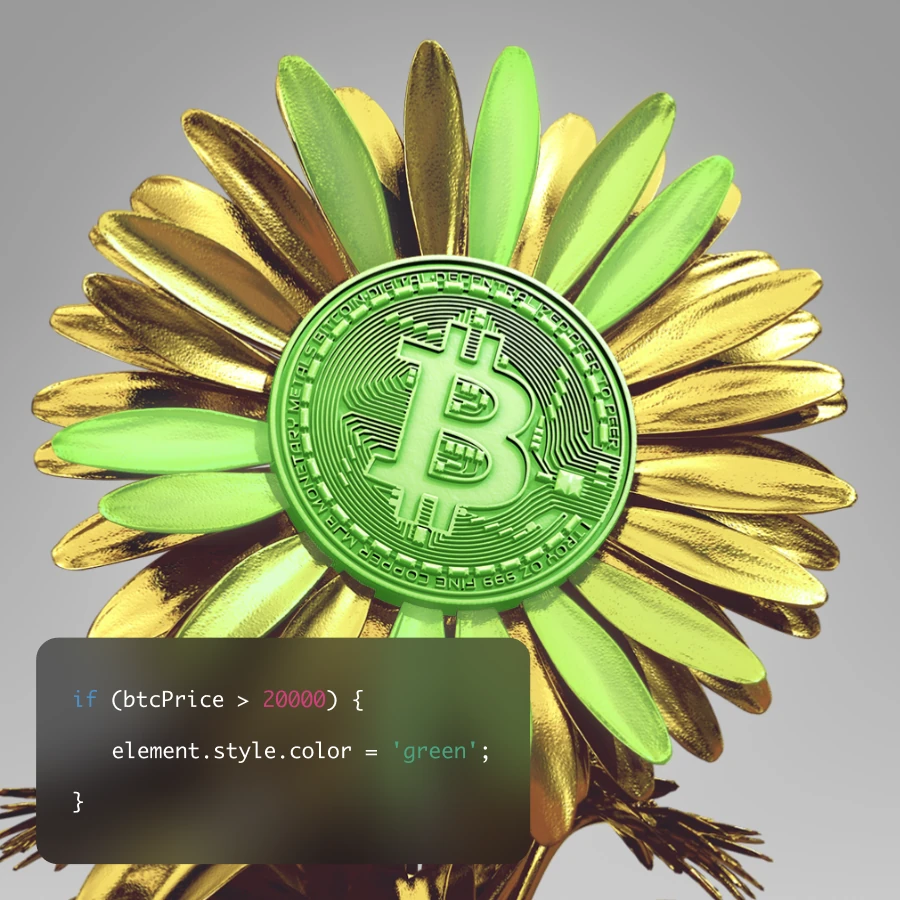
Turning TXs into generative NFT art
Anything can be an NFT on the Internet Computer, even transactions. The Genesis II NFT shows off how diverse and complex NFTs can be on the Internet Computer. It consists of different dynamic elements each of which fetches realtime data using HTTPS outcalls every 15 mins, showing ICP whale purchases, price change over the last 24 hours, current block rate, number of nodes and more. The most impressive element is an HTML canvas displaying dynamically animating ICP transaction flows. All this is part of the NFT and not something stored and accessed off-chain.
Cost of storing 1GB of NFT collections on-chain
Internet Computer

Solana
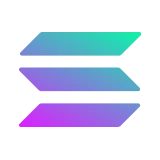
Ethereum
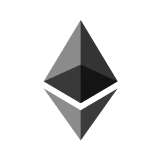
The Internet Computer offers unparralleled efficiency that leaves other blockchains orders of magnitudes behind with regards to many metrics, making it the ideal chain to launch complex NFT collections and games. ICP uses the reverse gas model, which means end users can mint and trade NFTs with 0 gas fees.
Total cost of storing all NFTs
Total transactions
Total transaction costs for all
transactions
Your NFT could be anything
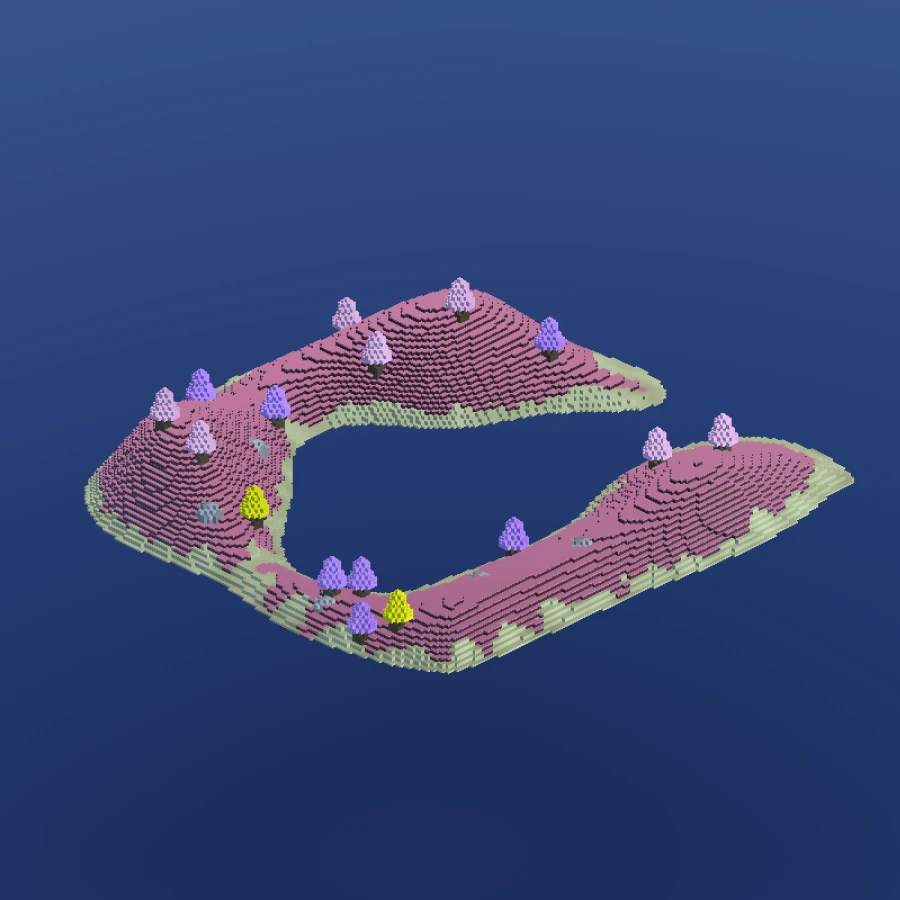
Each island (world) is a mutable NFT
Cubetopia is a Minecraft-like Web3 game where players can build anything on unique voxel islands also called “worlds”. Each world is a mutable NFT stored on the Internet Computer blockchain. Anyone can visit these islands on chain, while the owner of the NFT can update it by building. Try it yourself!
Create your own islandVideos as NFTs where owners receive royalties
Portal is a Web3 video sharing platform that allows users to mint their videos as NFTs. The owners of these NFTs receive tokens as royalties based on the number of viewers.
Watch videos on Portal

NFT gated communities
DSCVR is one of the largest decentralized Web3 social media platforms in the world. It allows users to form communities called Portals around different interests. These communities can be NFT gated, making certain features like voting only available to people who hold a specific NFT. Besides this gating functionality, Portals themselves are NFTs owned by those who created them.
Check out the Internet Computer PortalTrade NFTs with
Zero gas fees
Featuring a few web3 project teams already reinventing the internet on the ICP blockchain.
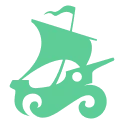
Entrepot
Entrepot is the first and largest NFT marketplace on the Internet Computer. They have launched hundreds of collections with their no-code minting tool and have over 1TB of assets stored fully on-chain.
$36M+ in trading
Yumi
Yumi is the first fully-decentralized NFT and digital goods marketplace where users can create and trade NFTs. Users are rewarded Yumi credits, which can be seamlessly integrated with Shiku Metaverse.
110,000+ users